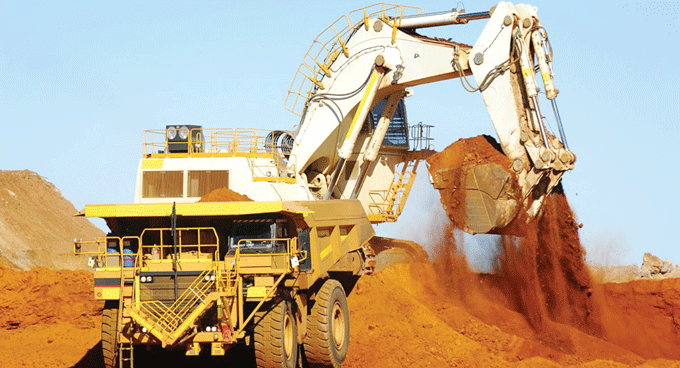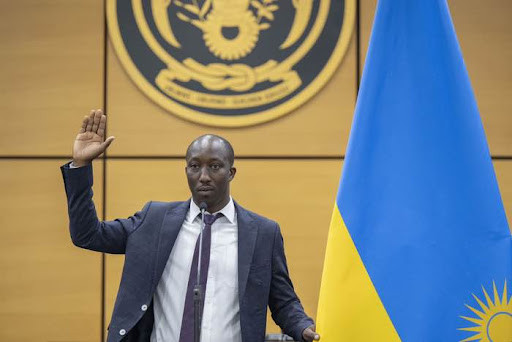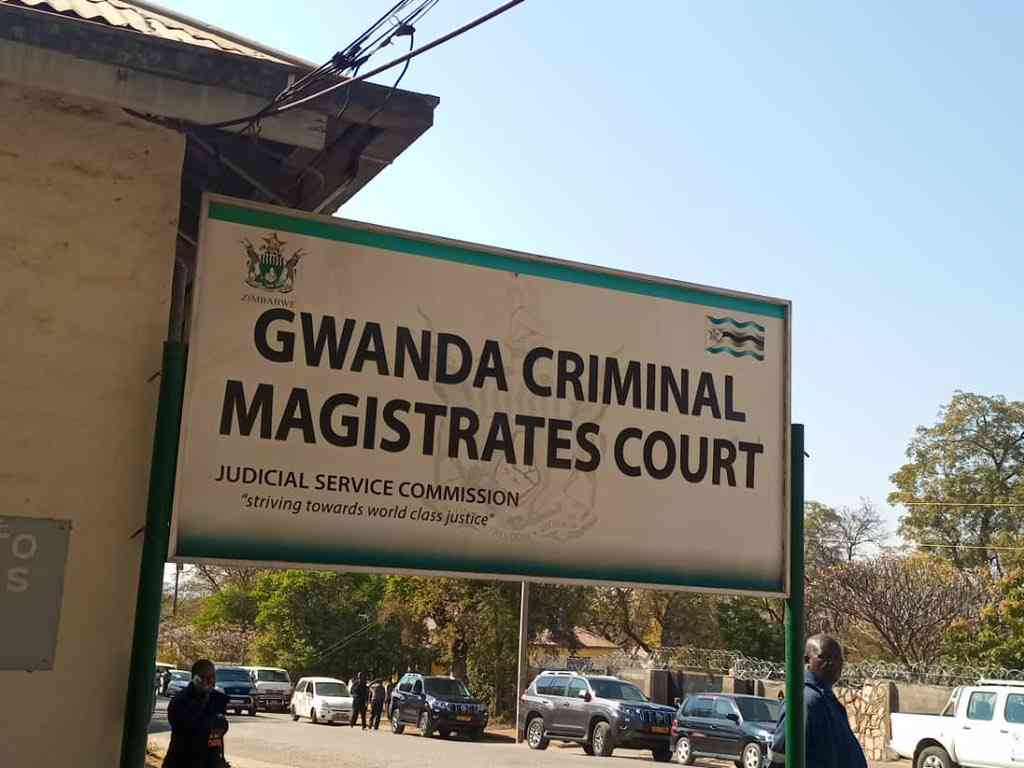
BY MELODY CHIKONO
CHINESE firms have invested over US$570 million in Zimbabwe’s lithium mines since the last quarter of 2021, as the rush for Zimbabwe’s resource escalates.
It is not only the Chinese who have stampeded for Zimbabwe’s lithium, but in a rush reminiscent to the late 1890s when Western powers combed through African jungles for the continent’s gold, the Chinese are the latest addition to the tussle to grab Zimbabwe’s most lucrative lithium fields.
The first most serious expressions of interests came from the Australians, when Prospect Resources announced significant discoveries at Arcadia, about 60 kilometres east of Harare. Back in 2018, when Prospect moved to scale up mine development, it was unthinkable that lithium demand would rise to the level that it is today.
After demand for the mineral increased in the past decade in response to a rise in electric vehicle (EV) production, deliveries are likely to remain robust over the coming years with serious order backlogs.
The EVs are powered by batteries, which require lithium as an input to production.
“Some Chinese EV makers expect 2Q22 vehicle-battery prices to be around 30% higher than in 2021, as the prices of certain materials have risen on stronger-than-expected global EV demand, automakers’ strategic shift to the cheaper lithium-iron-phosphate (LFP) batteries, and global commodity price surges,” said Fitch Solution.
“Fitch believes the prospects for China’s EV market are bright, given still-strong demand. We expect wholesale deliveries of EVs to rise by over 50% and their market share to exceed 20% in 2022. The latest price increases, however, are likely to affect low-end EVs more than high-end ones, as potential buyers for cheaper EVs tend to be more price sensitive,” it said on Monday.
- Chamisa under fire over US$120K donation
- Mavhunga puts DeMbare into Chibuku quarterfinals
- Pension funds bet on Cabora Bassa oilfields
- Councils defy govt fire tender directive
Keep Reading
This is what has been driving investors into lithium mines, both in Zimbabwe and across the world, and countries like Zimbabwe are expected to benefit from the boom, as investors intensify their push to control the lithium value chain.
Chinese companies have been making serious inroads into Zimbabwe’s mining sector, to feed into their expanding industry, as indicated by Fitch.
The Chinese strategy was boosted in January, when Shenzhen Stock Exchange-listed Suzhou TA&A Ultra Clean Technology bought shares worth about US$15,7 million from Premier African Minerals, a Zimbabwe-focused miner that is developing the Zulu resource near Bulawayo.
It is one of the biggest Chinese firms, with a market capitalisation of about US$6,7 billion. It has a 75% holding in lithium hydroxide producer Yibin Tianyi Lithium Industry Co Ltd, together with China’s largest EV battery manufacturer Contemporary Amperex Technology.
Premier chief executive, George Roach said the subscription would fully fund the completion of definitive feasibility study (DFS) at the Zulu Lithium and Tantalum project.
“I am delighted to accept this subscription from Suzhou TA&A, and particularly that this makes available to Premier a wealth of expertise in this industry while aligning future offtake and mine development with Yibin Tianyi Lithium Industry Co Ltd, a major producer of Lithium Hydroxides, financier and take-off partner for the Manono Lithium and Tin project and who have completed long- term spodumene off-take agreements with Pilbara Minerals Limited,” he said.
“I look forward to welcoming a new board member who will be nominated by Suzhou TA&A and active involvement from Suzhou TA&A in our DFS, particularly in the area of test work and flow sheet development,” he said.
Roach said developments within the lithium industry had been at such a rapid pace, that it is often difficult to ascertain and agree on value.
“This subscription that results in Suzhou TA&A holding an important stake in Premier, affords our shareholders, including Suzhou TA&A, the opportunity to accelerate the DFS and at the same time negotiate an equitable path to future development,” he said.
“The subscription also allows Premier to be in control of its own destiny and affords an opportunity to develop downstream beneficiation of spodumene through the retention of not less than 50% of the off-take rights to production from a future mine,’’ he added.
In December, Zhejiang Huayou swooped into Arcadia lithium mine, paying US$378 million to Prospect Resources.
Zimbabwe will pocket only US$30 million in taxes.
In January this year, Sinomine Resource Group Co Ltd announced, through its Hong Kong-listed unit, that it would be buying 100% shareholding in African Metals Management Services and Southern African Metals and Minerals, the firms that control 74% shareholding in Bikita Minerals.
The deal is worth US$180 million. Bikita Minerals is situated in Bikita Hills, near Masvingo.
The firm has been operating for around 100 years.
However, there has been concern over a massive push by Chinese investors into the country’s multi-billion dollar lithium mines, with the Zimbabwe Coalition for Debt and Development (Zimcodd) raising the red flag, saying the government was parcelling out strategic assets to foreign firms without giving legislators room to assess such transactions.
In addition there has been concerns that Zimbabwe’s lithium mines are being sold for a song by foreign investors to Chinese multinationals who have recently swooped on domestic assets.
They said with international lithium prices rocketing and the mineral being declared one of the most strategic commodities, Zimbabwe’s Parliament must take a lead in making sure future generations will not be prejudiced.
According to Trading Economics, lithium carbonate prices in China extended their rally to US$78 180 per tonne in the third week of March.
This marked a gain of over 75% so far in 2022. Lithium is used to make batteries for electric car vehicles. But analysts said the assets were worth more than this.
“We have raised this issue, yes. To us the government has not yet put in place a proper policy framework on mineral resource governance that allows maximising on benefits from our minerals,” Zimbabwe Coalition on Debt and Development (Zimcodd)’s Janet Zhou told the Weekly Digest on Friday.
“This includes the strategic minerals like lithium which are the future. China is investing big time in this strategic, mineral” she said, noting that major carmakers were turning to electric vehicles, which require lithium Chinese miner, Sinomine Resource Group Co Ltd (SRGCL) is in the process of acquiring Zimbabwean lithium miner, Bikita Minerals for US$180 million.
Zhejiang Huayou Cobalt Company Ltd, a Chinese firm mainly engaged in the research, development and manufacturing of new energy lithium battery materials, took over the Arcadia mining project for US$378 million last December.
“There is no natural interest in the manner in which the government is entering into deals with so-called investors.
“When you look at Arcadia Mine, when Prospect Resources sold to that Chinese company, the President (Emmerson Mnangagwa) actually presided over that more than US$400 million transaction,” Centre for Natural Resource Governance) director Farai Maguwu, said.
“Yet, that never went to Treasury. It is one private company that made US$400 million out of a national asset without the government getting a penny, it was the most foolish transaction and unheard of. The lithium belongs to the Zimbabwean people but it was acquired by a private company that sold it to another private company with the President presiding over the takeover,” he said.
“Our leadership has no time to concern themselves with those matters.
“All they want is to fund the 2023 election and put something in their pockets. These lithium deposits, they do not care about them,” Maguwu said.
On the argument that the Zimbabwe government has no say over deals involving private firms in mining, Maguwu said:
“That does not make sense. First of all, the minerals are vested with the President who shall hold them in trust on behalf of the Zimbabwe citizens. We have got a Parliament which has been rendered redundant and useless, yet, it must play an oversight role.
“The fact that the government is not allowing Parliament to play its oversight role clearly indicates stinking corruption because they know the deals are so terrible, they are very bad, which is why they do not even publish the contract”.
Zhou said a policy framework should be put in place and that the Mines and Minerals Bill should be passed to address some of the issues being raised over lithium mines.
“It (the Bill) has all the provisions to protect, benefit and control our strategic minerals,” she said.
According to Platts Analytics, global plug-in light-duty electric vehicle sales are expected to rise to 6,5 million units in 2022 and 10,5 million units in 2025, up from an estimated 6 million units in 2021 and 3,1 million units in 2020.
- This story was first taken from the Weekly Digest, an Alpha Media Holdings publication
- Follow us on Twitter @NewsDayZimbabwe










